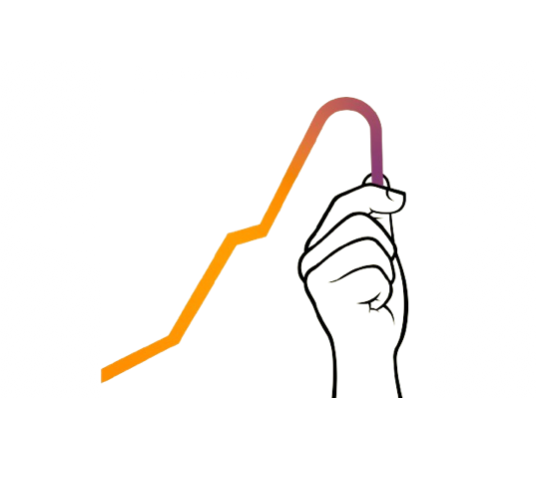With the exaggerated and overuse of plastic in the present global world, the scenario of todays world is plastic and plastic everywhere. Just have a deep look around the place where you are sitting right now, I am sure you can find a lot of things made of plastic whether be it plastic water bottles, buckets and mugs, plastic fans and coolers , storage units and many groceries packed in plastic wrapping.
In our 2nd week of internship program , we were acknowledged by Plastic Management Rules 2016. With the increasing use of plastic and having discovered no sufficient ways for introducing its alternatives and management methods, there was felt the need for Plastic Management Rules.
Plastic management rules were reintroduced in 2016 with certain modifications in the former guidelines. With the aid of ongoing Swachh Bharat Mission the plastic management propagandas were widely and publicly acknowledged and accepted.
Plastic management rules emphasizes on reuse, reduce , recycle and renew. We should reuse the plastic products we have . We can reuse the plastic bags instead of throwing them in bins and collecting some more.
Guidelines have been proposed in regards to simplify the recycling process. It aims to increase the plastic bag thickness to 50 microns instead of 40 microns for better collection and recycling of plastic wastes. Guidelines emphasize the thickness of other plastic goodies as well. If the plastic is unusually thin or thick, it interferes with the process of recycling to greater extent.
Every local body is allocated the responsibility for development and setting up of infrastructure for segregation, collection, storage, transportation, processing and disposal of plastic waste either by its own or collaborating by related agencies and producers. Plastic waste collection centres are to be set up under the municipal authorities.
The Gram Panchayat also aids to the plastic waste management. It should spread awarness among the public and the plastic generating factories and agencies about their responsibilities. It should ensure that open burning of plastics is banned in their area. It should also be kept in mind that during the recycling phenomenon, no damage should be done to natural resources.
The waste generator are held responsible to minimize the plastic waste that is created and then segregate the waste in accordance with the rules. The littering of wastes are to be avoided. The segregated wastes are then handed over to local body, gram panchayat, responsible agencies and waste pickers it should be well noticed that all the authorities need to be registered.
The rules segregated in the share of producers, importes and brand owners comprise achievement of waste management targets starting with 30% and gradually rising to 90% in thr fifth year. All the stakeholders should be registered via online registration portals. The thickness of the plastic sachets should meet the guidelines. The waste management programs should be effectively hels and proper documentation of all the processes should be done.
Compostable plastic materials should be introduced that are somewhat biodegradable. Compostable plastics that can be treated along with bio- wastes offer many benefits . The most practical method is to find out healthier and degradable plastic product alternatives. The plastic materials introduced and on practice should have proper labelling of additional chemicals added and their thickness and mode of formation in order to aid to their recycling process.
The issue of plastic waste management is a global issue. Indian government under Central Pollution Control Board and Plastic Management Rules-2016 has been proposing different guidelines and measures to aid to plastic waste control and suitable and sustainable procedures of their management.
– Shalini Raj

